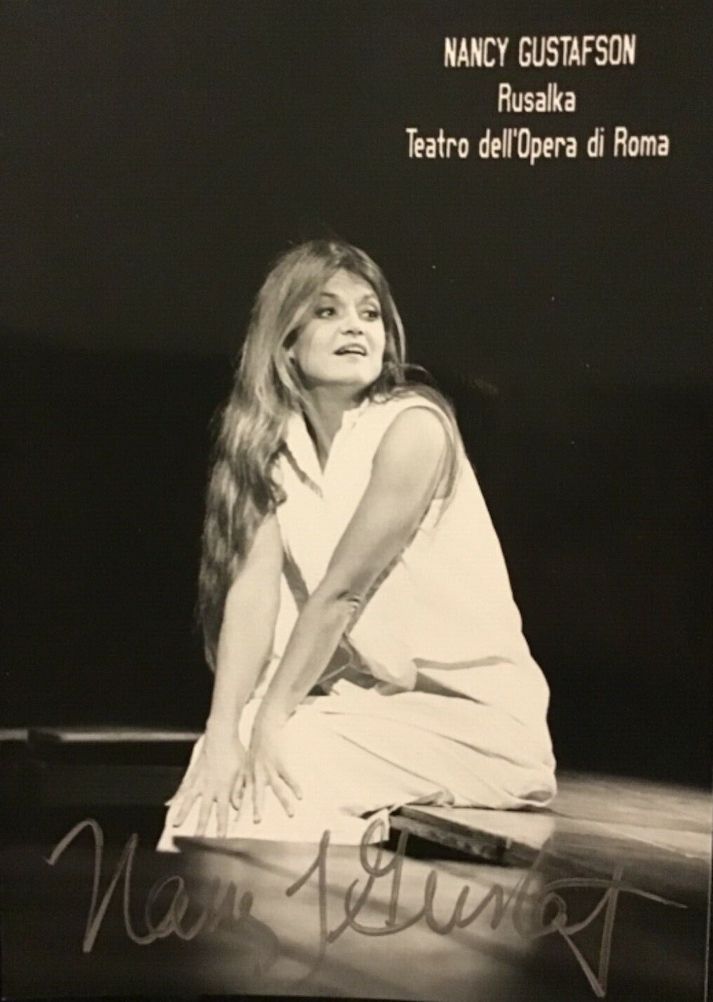

|
As an opera singer, Nancy Gustafson has been acclaimed in most of the leading opera houses of the world including the Metropolitan Opera, the Royal Opera House, Covent Garden, Teatro alla Scala, Milan, the Opéra National, Paris, Chicago Lyric Opera, the Bavarian State Opera, Munich, Deutsche Oper Berlin, Hamburg State Opera, the Vienna State Opera and many others. She enjoyed an especially close relationship with the Vienna State Opera, and in 2001 she was honored there with the title of Kammersängerin. Born June 27, 1956, in Evanston, Illinois, Gustafson received her bachelor’s degree and an honorary doctorate from Mount Holyoke College, and her master’s degree from Northwestern University. She was soon appearing in leading opera houses in North America, and made her debut at Chicago Lyric Opera as Marguerite in Faust, at the Metropolitan Opera as Musetta in La bohème, and at the San Francisco Opera in Wagner’s Ring. Gustafson made her European operatic debut at the Théâtre du Châtelet in Paris as Rosalinde in Die Fledermaus. This was followed by her debuts at the Bavarian State Opera and the Royal Opera House, Covent Garden in Wagner’s Ring, at the Paris Opéra as Marguerite, at the Teatro alla Scala as Eva in Die Meistersinger, and at the Vienna State Opera as Violetta in La traviata. Gustafson also appeared as Tsarina Alexandra in the Los Angeles Opera’s world premiere of Deborah Drattell’s Nicholas and Alexandra opposite Plácido Domingo and under the baton of Mstislav Rostropovich. She returned to the Royal Opera House, Covent Garden for the world premiere of Lorin Maazel’s opera, 1984, and subsequently performed the work at the Teatro alla Scala in Milan and at the Palau de las Arts in Valencia, Spain as well, on all occasions under the musical leadership of the composer himself. Throughout her career Nancy Gustafson has had the privilege to collaborate with some of the most important conductors of our day such as Lorin Maazel, Leonard Slatkin, Sir Georg Solti, Sir Simon Rattle, Riccardo Muti, Sir Colin Davis, Christian Thielemann, Christoph von Dohnányi, Zubin Mehta, Kent Nagano, Marcello Viotti, and many more. Her recordings include Das Rheingold with Cleveland Orchestra (Decca), Mahler’s Symphony No. 2 with the Israel Philharmonic Orchestra and La bohème (both for Teldec), Lehár’s Der Tsarevitch and The Land of Smiles for Telarc, live recordings of Herodiade (opposite Plácido Domingo) and Guillaume Tell with the Vienna State Opera, and Pavarotti and Friends 2 with Luciano Pavarotti, Andrea Bocelli, and Bryan Adams. Ms. Gustafson was the general manager of the Castleton Festival with Maestro Lorin Maazel, and is currently an Artist-in-Residence at Northwestern University, where she has taught since 2006. She is founder and executive director of the Songs by Heart Foundation, which is dedicated to connecting people with memory loss to the language and joy of music. Songs by Heart is currently leading interactive sing along programs at over 50 different locations in Illinois, California, Arizona, Ohio, Texas, Florida, and Washington DC. == Biography from the Northwestern University
website.
== Throughout this webpage, names which are links refer to my interviews elsewhere on my website. BD |
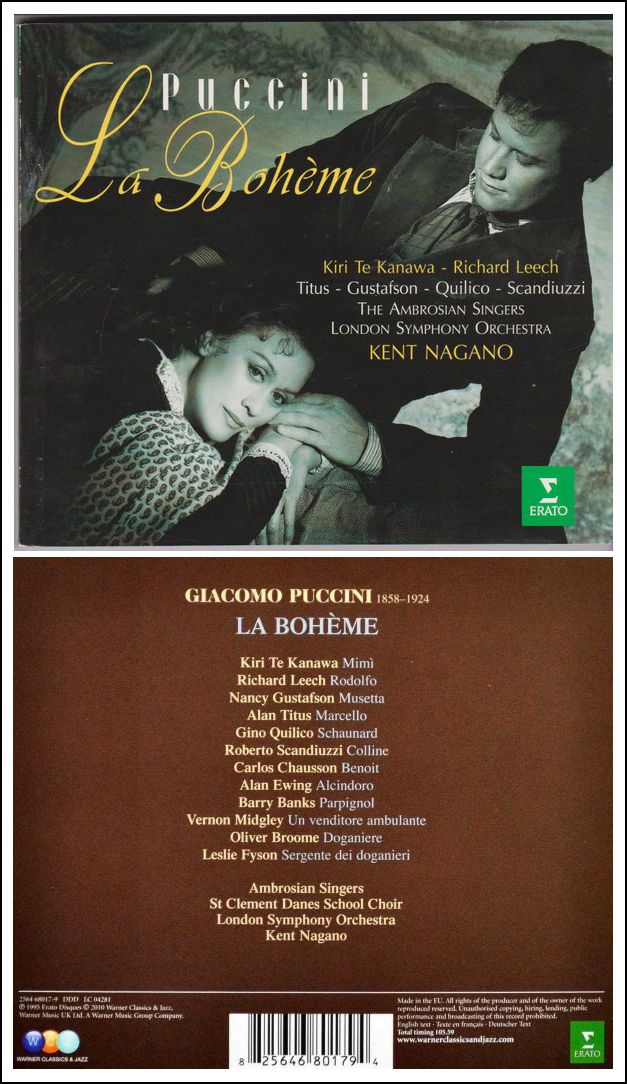
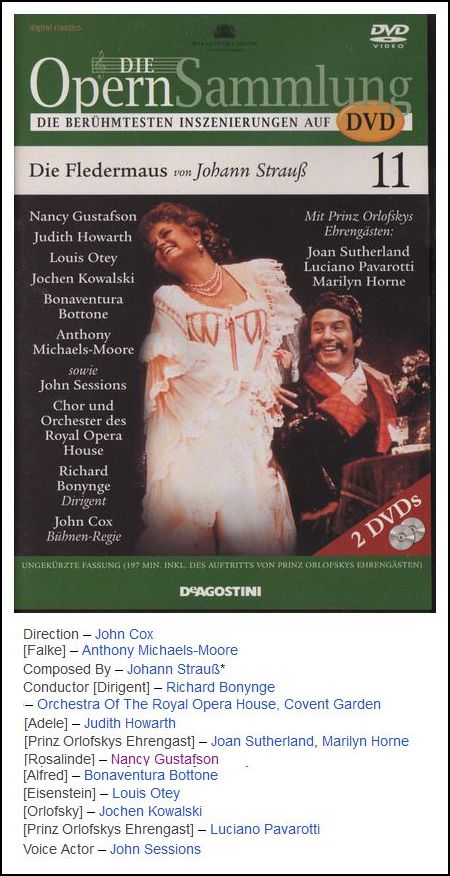
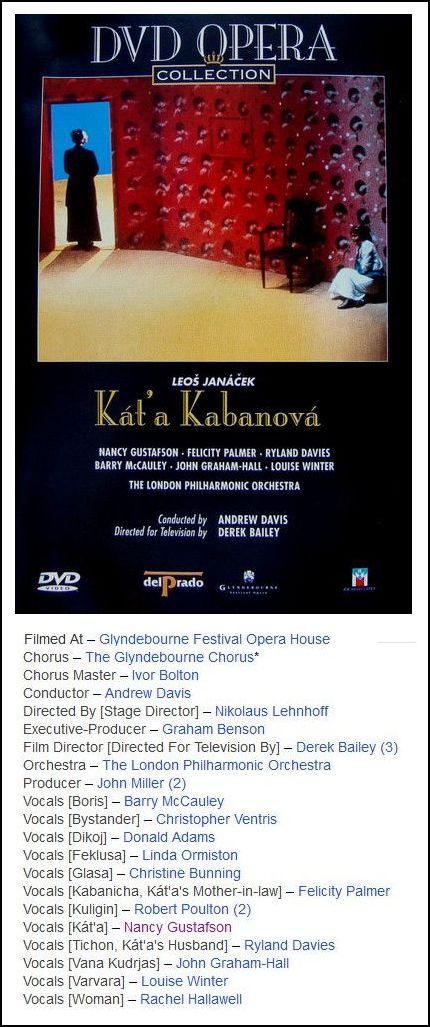
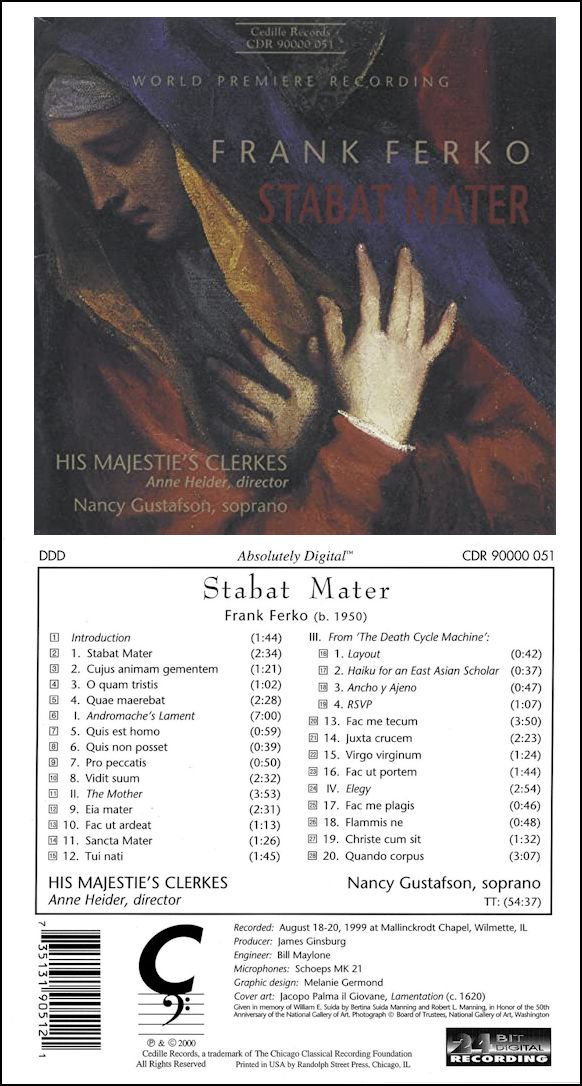
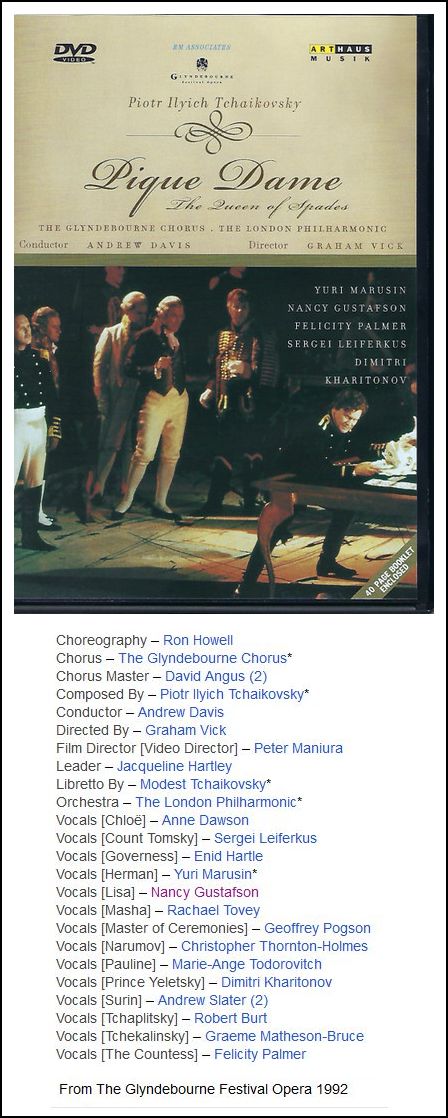
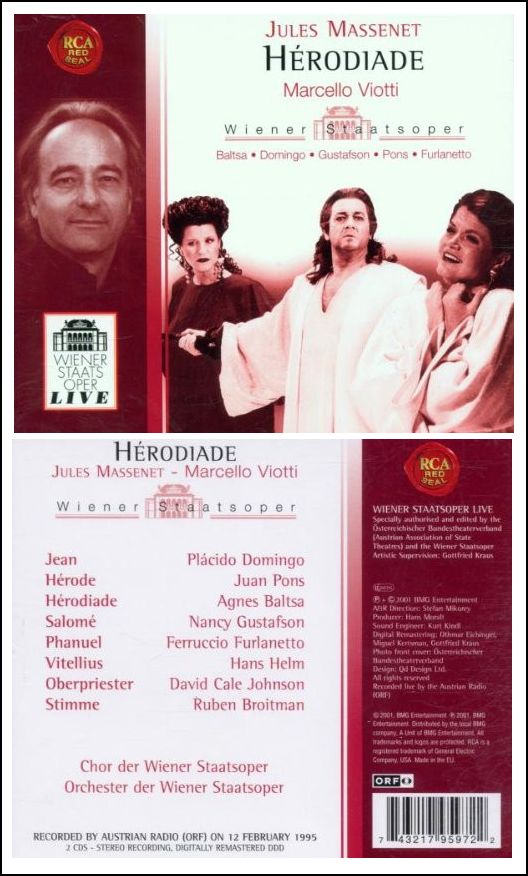
© 1999 Bruce Duffie
This conversation was recorded in Chicago on February 22, 1999. Portions were broadcast on WNIB the following July, and again in 2000. This transcription was made in 2023, and posted on this website at that time. My thanks to British soprano Una Barry for her help in preparing this website presentation.
To see a full list (with links) of interviews which have been transcribed and posted on this website, click here. To read my thoughts on editing these interviews for print, as well as a few other interesting observations, click here.
Award - winning broadcaster Bruce Duffie was with WNIB, Classical 97 in Chicago from 1975 until its final moment as a classical station in February of 2001. His interviews have also appeared in various magazines and journals since 1980, and he now continues his broadcast series on WNUR-FM, as well as on Contemporary Classical Internet Radio.
You are invited to visit his website for more information about his work, including selected transcripts of other interviews, plus a full list of his guests. He would also like to call your attention to the photos and information about his grandfather, who was a pioneer in the automotive field more than a century ago. You may also send him E-Mail with comments, questions and suggestions.